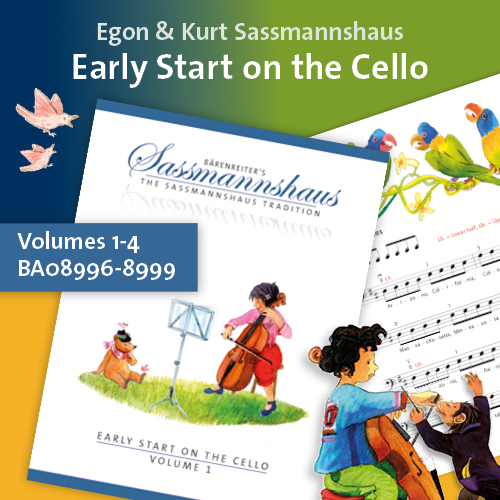Tag: health
By Selma Gokcen May 19, 2015
Subjects Playing Healthy, Practicing
By Selma Gokcen February 5, 2015
Subjects Playing Healthy
By Selma Gokcen April 18, 2013
Subjects Playing Healthy
Tags abdominal muscles, affect, Alexander principle, Alexander Technique, attention, automatic process, breathing, breathing apparatus, breathing free, cello, cello pressing on chest, cellobello, chest cavity, conditions, correct position, divine influence, downward force of gravity, drink, efficient breathing, energy, enlivening, enter and depart life, exalting emotion, exercise, exhale, existing tension, expiration, food, freedom, freedom of the thorax and ribs, gases, Gokcen, gravity, guide, health, inspire, lungs, muscles, muscles relax, re-education, reducing air pressure, Selma, sequence, shift weight, straining for breath, touch, use affects function
By Martha Baldwin June 6, 2011
Subjects Playing Healthy
Tags Baldwin, cello, cellobello, happiness, health, Injuries, maintenance, Martha, musicians, pain, performances, relaxing, Rest, taking time off, Travel
By Alisa Weilerstein March 14, 2011
Subjects Travel
Tags adventure, adventures, air travel, Airplanes, Alisa, atmosphere, audiences, cello, cellobello, character, colors, concentration, control, energy, exhaustion, focus, health, ideas, inspiration, learning, orchestra, performance, practicing, reality, Rest, shifting, travel with an instrument, vibrato, Weilerstein





